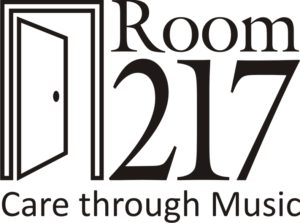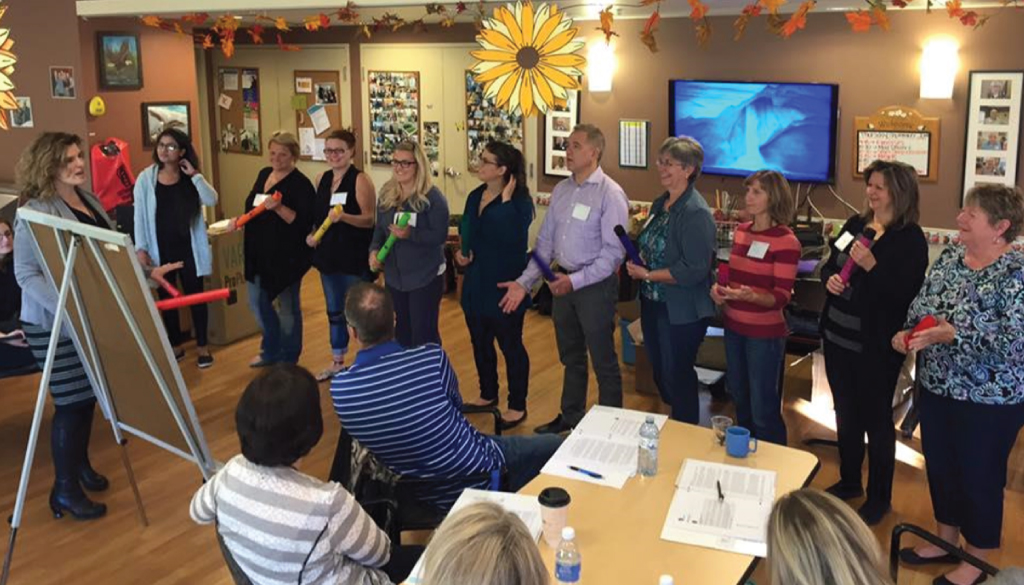Ready to add something new to your care practice? Music Care Training is for you! This program is suitable for everyone who wants to increase their knowledge and practical applications of music in care. No prior musical experience is required.
 The program will help you:
The program will help you:
- Discover the music care approach applicable to all care settings
- Develop 10 effective music care strategies
- Strengthen your music aptitude and skill
- Build confidence in using music as a part of your regular care practice
- Plan a music care initiative for your care context Space is limited.
MUSIC CARE TRAINING
October 22 – 23, 2018
VSO School of Music
Cost: $295.00
Register at www.room217.ca
For more information, call toll free at 844-985-0217, email shannon@room217.ca or visit the Music Care Training page of Room 217’s website.
About Room 217
In Canada and other parts of the world, there is an increasing interest in the relationship between music, health, well-being and how it can be used in care contexts. This may be because music is an intricate part of life passage and has tremendous healing capacity. One life passage where the depth and breadth of music is profound is at end of life.
The Room 217 Foundation is a health arts organization that uses music to change the culture of care for vulnerable populations by bringing a unique, cost-effective approach to care through research-informed music resources, education, training and research. Room 217 believes that the application of music can achieve positive healthcare outcomes. Room 217 programs and resources meets current health priorities of person-centred care and non-pharmacological interventions and is accessible for anyone to use and learn to integrate.
The Room 217 Foundation currently serves care partners in a number of populations: palliative and end of life care, long-term care, dementia care, and persons aging in place. End user carers who engage in Room 217 offerings include recreational therapists and other activity professionals, personal support workers, nurses, social workers, chaplains, bereavement counsellors, life care specialists, volunteer and family caregivers. Future populations may include people with autism, Parkinson’s disease or cancer care, where the therapeutic value of music has been proven.





